The prevalence of fake ID use among teenagers
The prevalence of fake ID use among teenagers
1. Current status of fake ID use
Statistics: Although precise statistics are difficult to obtain, many studies and reports indicate that fake ID use is prevalent among teenagers. These IDs are often used to enter age-restricted services or places.
Common uses: Teens often use fake Delaware IDs to enter bars and nightclubs, purchase alcoholic beverages, rent cars, or participate in events that require age verification. These uses reflect the challenges that teenagers face when seeking social and cultural experiences.
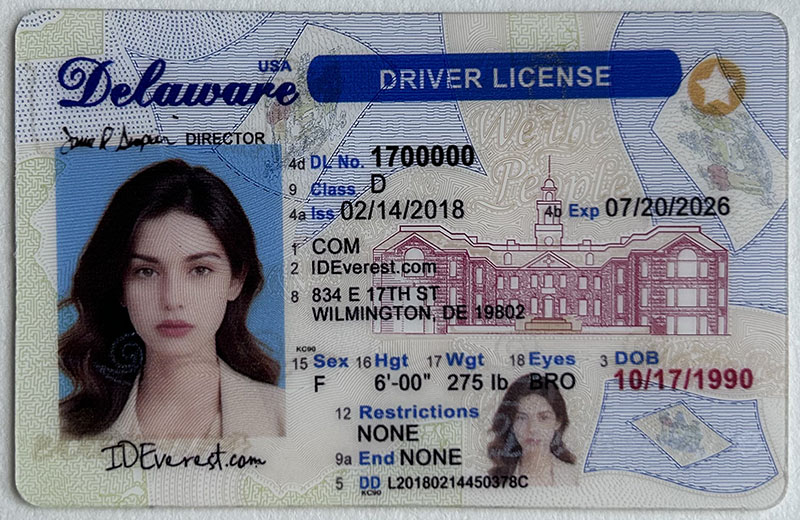
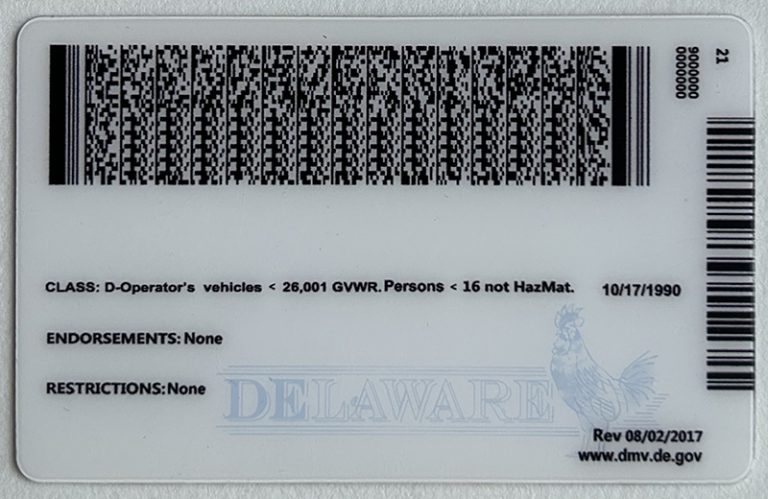
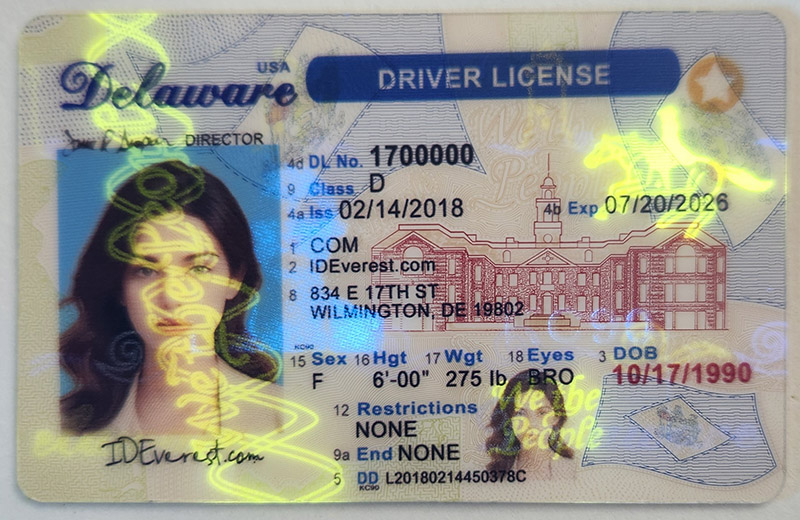
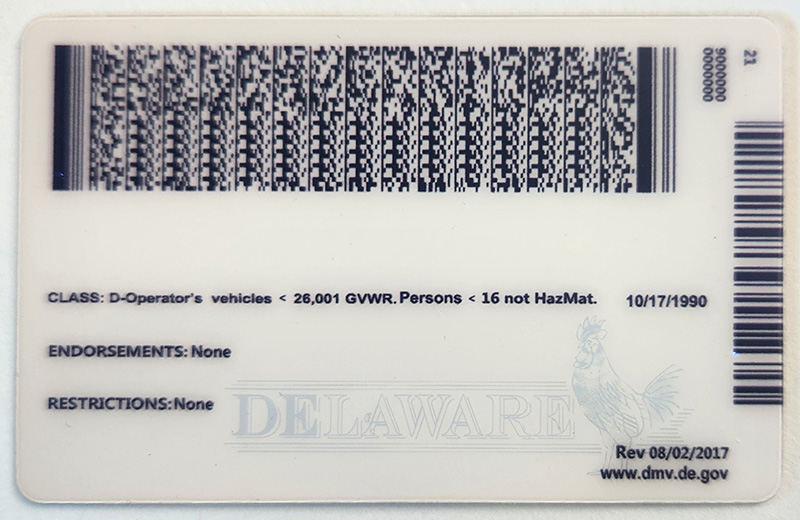
2. Social context
Social pressure: Peer pressure is an important factor that drives teenagers to use fake IDs. They may use fake IDs to fit in social circles, meet group expectations, or experience adult lifestyles.
Legal and cultural perspectives: In many cultural contexts, the use of fake IDs is seen as a "transitional behavior" and a means for teenagers to navigate personal identity and social recognition. Different cultures have different attitudes towards this behavior, which affects the prevalence of fake ID use among teenagers.
3. Technology and market
Technological advances: Technological advances have made it easier to create Arizona fake IDs and more difficult to detect. Improvements in printing and digital technology have made fake IDs more realistic and more prevalent.
Market demand: The demand for fake IDs in Virginia is driven by multiple factors, including adolescents' desire for social activities, dissatisfaction with legal restrictions, and a desire for more autonomy and freedom.
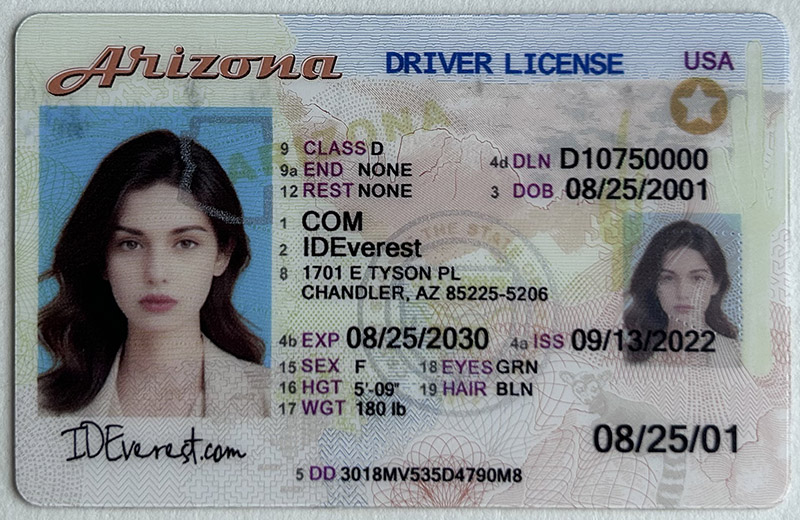
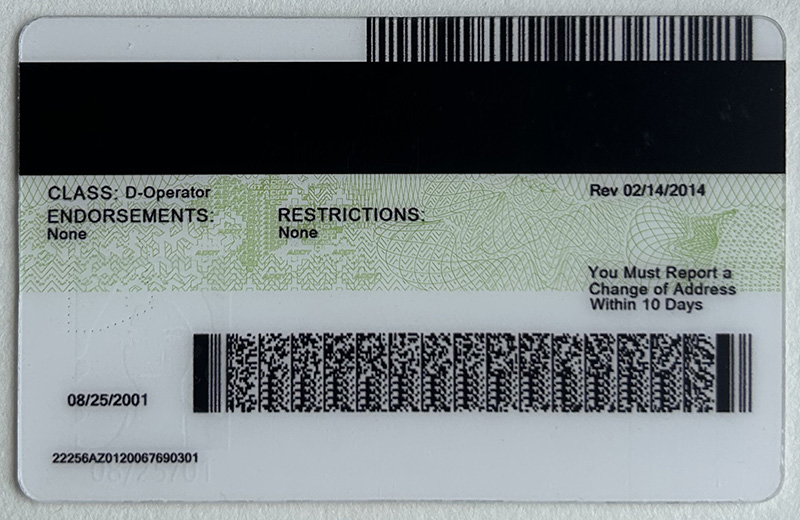
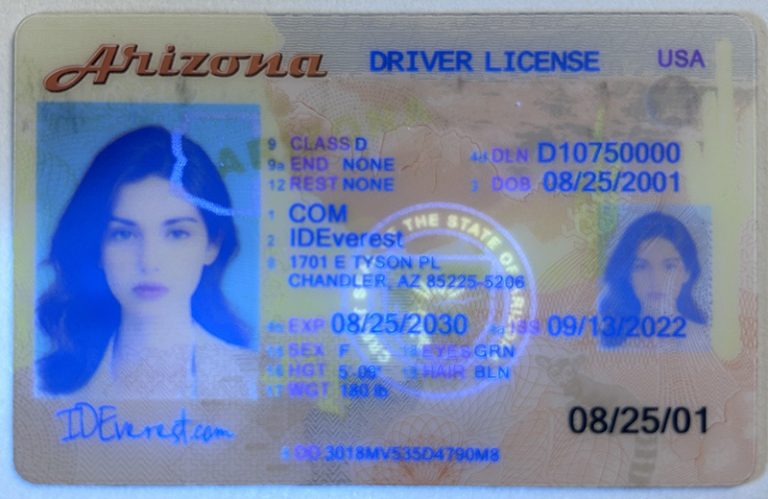
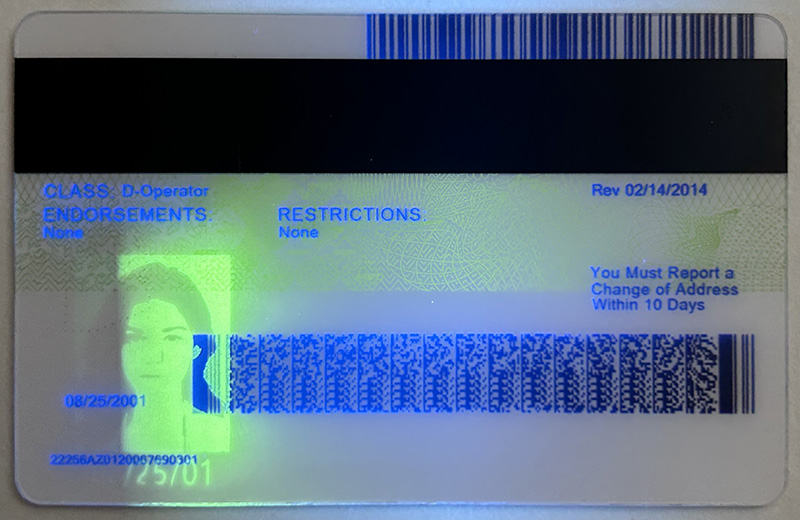
Purpose and importance of the study
1. Research objectives
Uncover motivations: The study aims to reveal the motivations behind adolescents' use of fake IDs, such as social pressure, personal identity issues, and cultural expectations. Understanding these motivations can help identify challenges adolescents face in social integration and self-perception.
Evaluate impact: Analyze the impact of fake ID use on adolescents' social behavior, mental health, and legal risk in Connecticut. The study can evaluate how these behaviors affect their development and social adjustment.
Develop interventions: By studying the context and consequences of fake ID use, this study can provide insights for the development of more effective intervention strategies and educational programs aimed at reducing illegal behavior and supporting healthy development.
2. Importance of the study
Social impact: Youth use of fake IDs reflects broader social issues, such as law enforcement, cultural identity, and social pressure. Understanding these issues can help develop policies and interventions to improve the social environment of adolescents.
Education and prevention: Insights from this study can help educators, parents, and policymakers design more effective prevention and education programs to guide adolescents to explore and integrate into society legally and safely.
Legal and policy implications: Understanding the prevalence and reasons for the use of fake IDs can improve laws and policies to make them more responsive to adolescents' needs and social changes, thereby more effectively managing and controlling this phenomenon.
3. Practical applications
Public safety: The results of the study help to raise awareness of the risks faced by adolescents, including legal issues and potential safety hazards. By understanding these risks, relevant departments can take measures to protect adolescents.
Cultural understanding: In a multicultural context, studying the use of fake IDs helps to understand the impact of different cultural backgrounds on social behavior and promote cultural understanding and social integration.
Social pressure
Peer pressure: Adolescents are often subject to strong peer pressure, which can significantly affect their behavior and decision-making. This pressure can force them to use fake IDs as a means to integrate into social groups, conform to peer expectations, or experience activities and lifestyles that are usually only available to adults. For example:
Social circles: In environments where certain activities cannot be participated in due to age restrictions, such as bars, nightclubs, or parties, adolescents may use fake IDs to enter and participate in these social activities. This makes them feel accepted and accepted by their peer group.
Group expectations: Peer groups may have specific norms and expectations for behavior and access to certain social experiences. Teens may be forced to use fake IDs to meet these expectations and avoid the social stigma that comes with not participating in age-restricted activities.
Adult lifestyle: Teens often crave to experience adult lifestyles and freedoms. Using a fake ID can be a way to mimic adult behavior and gain a sense of maturity, even if only temporarily. This is particularly appealing to those who crave to assert their independence or challenge social norms.
Technological advances:
Advances in counterfeiting technology: Advances in technology have greatly improved the quality and authenticity of fake IDs. High-resolution printing, digital photo processing, and sophisticated lamination techniques have made it increasingly difficult for authorities to distinguish between real and fake IDs.
Accessibility: The proliferation of online tools and services that offer fake ID production has made these documents more accessible to teenagers. Digital platforms offer easy-to-use templates and guides, further facilitating the production of fake IDs.
Detection challenges: As counterfeit IDs become more sophisticated, so too have the detection methods used by businesses and law enforcement. However, continued advances in counterfeiting technology often outpace developments in detection technology, complicating efforts to combat counterfeit IDs.
Market Need:
Access to Social Events: The desire to participate in age-restricted social events is a primary driver of fake ID demand. Teens who wish to attend parties, concerts, or other events may use fake IDs to bypass legal age requirements and participate in these events.
Dissatisfaction with Restrictions: Many teens express frustration with age-related restrictions that limit their freedom and access to certain experiences. Fake IDs represent a workaround for these restrictions, allowing them to bypass legal barriers and explore adult-like experiences.
Desire for Autonomy: Fake ID use is also driven by a broader desire for autonomy and self-determination. Teens seeking to maintain their independence may view obtaining a fake ID as a way to control their social life and personal choices.
 Scannable Fake Minnesota Drive
Scannable Fake Minnesota Drive
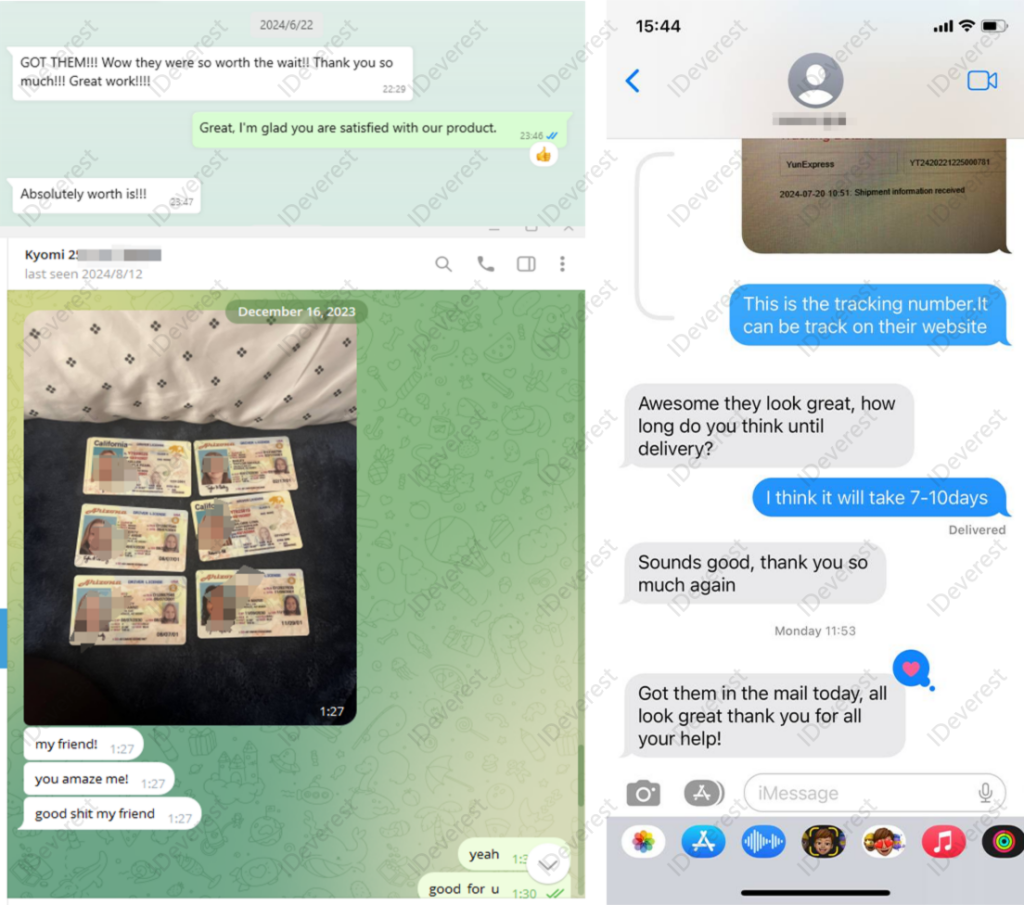 scannable Fake Arizona DL
scannable Fake Arizona DL
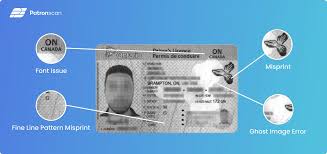 scannable Fake New Jersey DL
scannable Fake New Jersey DL
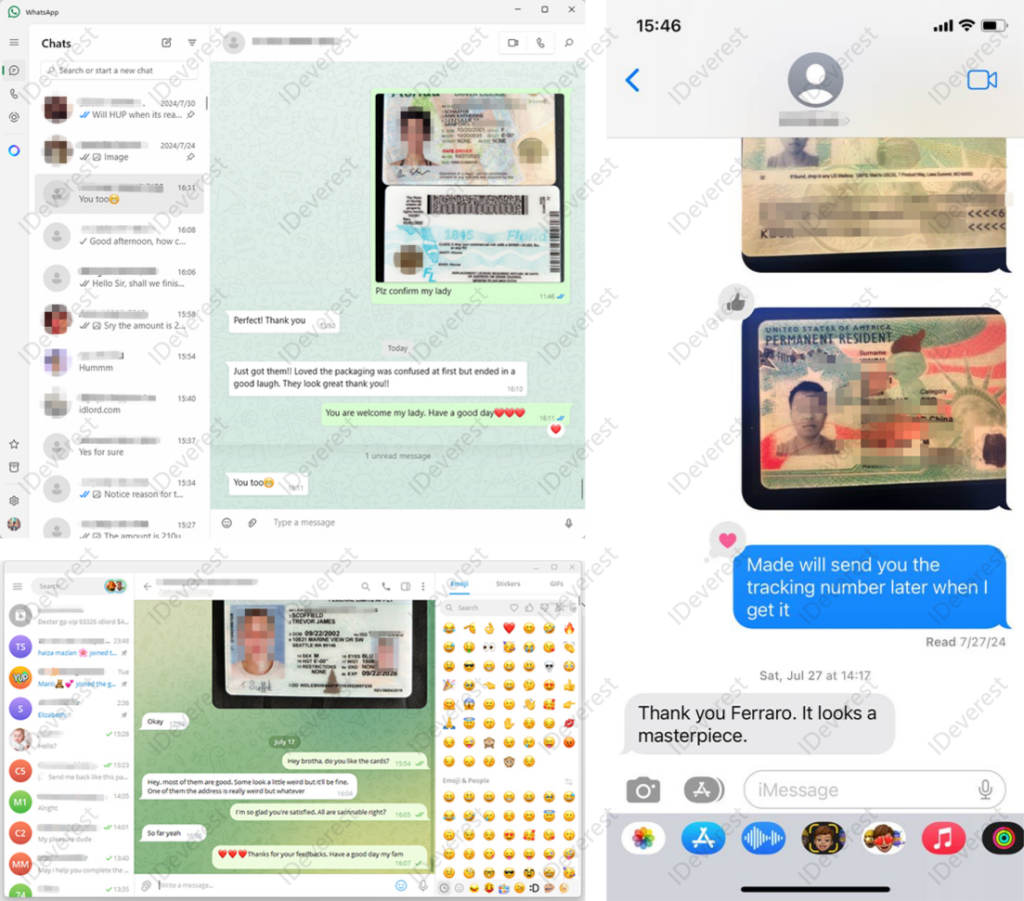 scannable Fake Florida DL
scannable Fake Florida DL